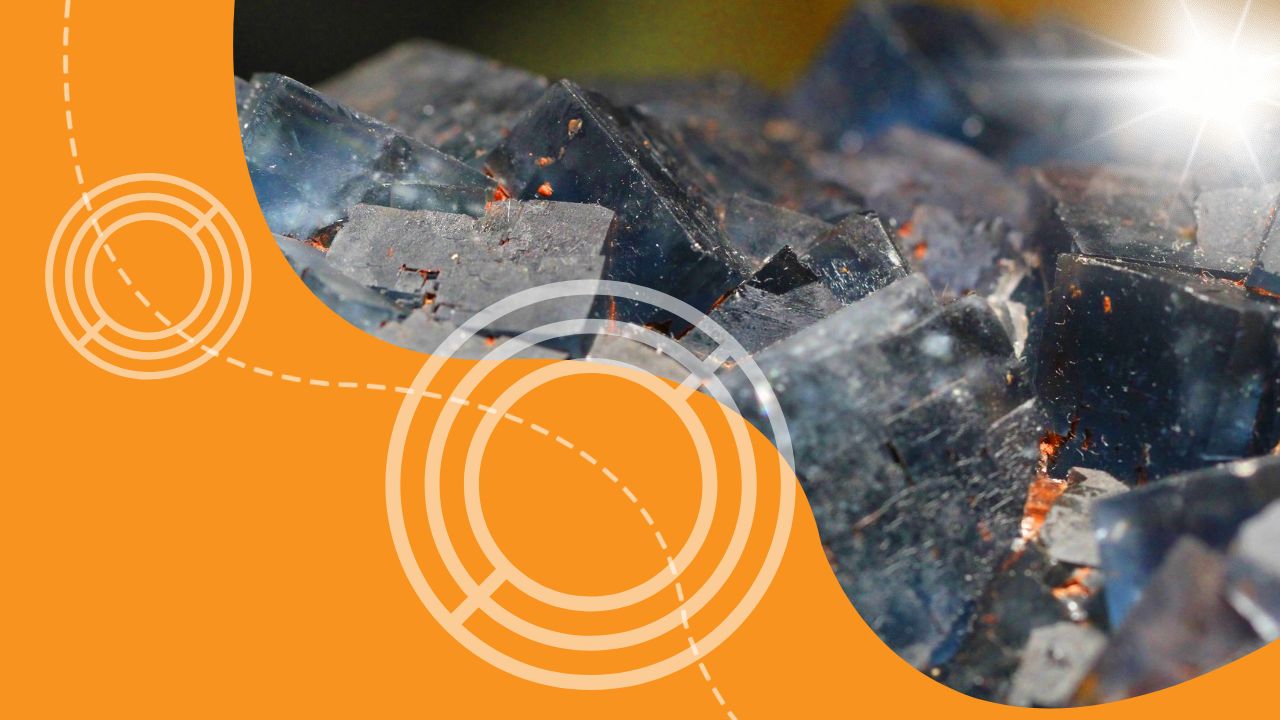While the Brussels Effect has driven strict regulatory standards for Critical and Strategic Raw Materials (CSRM), Europe may risk falling behind other global players in building a resilient supply base. An analysis by the French Institute of International Relations (Ifri), a Paris-based think tank, evaluates European de-risking policies in the context of international concerns over reliance on a few key suppliers, particularly China.
China’s export controls on materials like germanium, gallium, and rare earths underscore the risk of critical dependencies as a geopolitical tool. In response, OECD countries are emphasizing national security, strategic autonomy, and the governance of CRM supplies. The EU and the United States have taken steps to diversify their supply chains. The EU’s Critical Raw Materials Act (CRMA), part of the Green Deal, emphasizes sustainability and autonomy, while the US focuses on national security through investments like the Development Finance Corporation (DFC). Japan began addressing CRM dependencies as early as 2010.
To counterbalance China’s Belt and Road Initiative, the EU and US have increased CRM partnerships since 2021. However, Ifri’s analysis stresses the need for these partnerships to yield immediate, tangible results. Countries in the Middle East are also integrating into CRM value chains, while resource-rich developing nations seek to retain more local value through processing and manufacturing.
Despite progress, the EU faces financial constraints and public opposition, threatening its strategic CRM goals. According to Ifri, without external financing, Europe risks lagging behind global players such as the US, Japan, and the Middle East in developing a secure CRM base. The race for lithium, nickel, and rare earth elements (REEs), crucial for green energy goals, is reshaping geopolitics and intensifying international competition.
To meet its target of extracting 10% of annual CRM demand by 2030, the EU must expand its mining and refiningcapabilities. The bloc requires at least ten new mines, 15 processing plants, and 15 recycling facilities by 2030, according to EIT RawMaterials. Public opposition, however, remains a significant obstacle. Sustainable mining expert Peter Tom Jones calls for public education to support modern, eco-friendly mining practices that prioritize environmental, social, and governance (ESG) standards. Nordic countries are seen as a model, with Jones stressing the importance of local CRM mining to reduce reliance on less sustainable sources abroad.
Jones envisions a future where mining is safe, climate-neutral, and engages local communities as stakeholders. He describes a modern mine worker as one who operates high-tech machinery remotely, symbolizing the shift toward automated, climate-conscious mining that reduces traditional environmental impacts.

